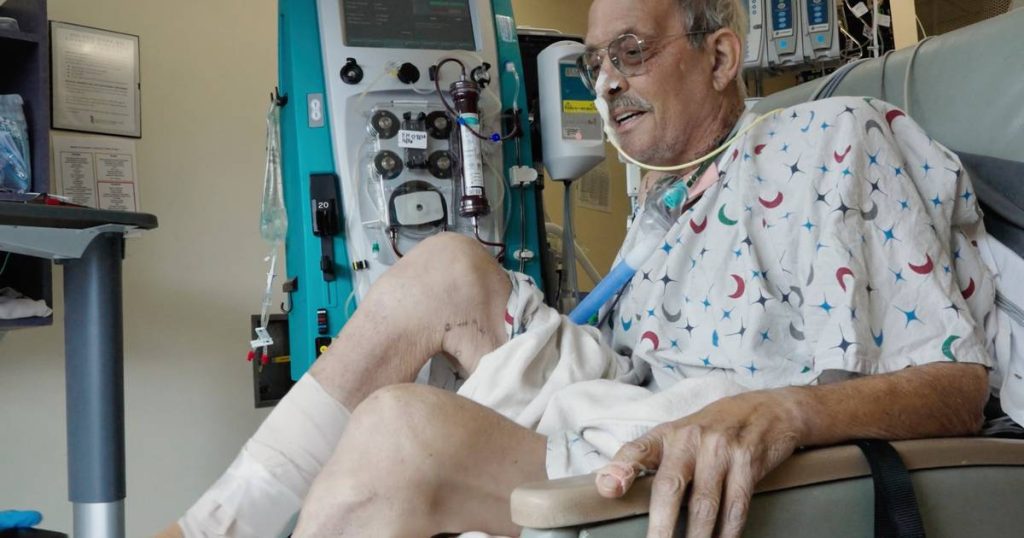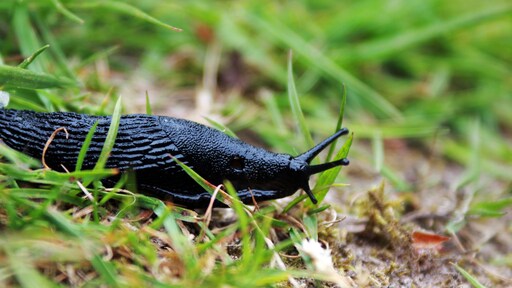A patient who received a genetically modified pig heart during a transplant in America died on Monday. 58-year-old Lawrence Fawcett was the second patient ever to receive such a heart. His doctors in Maryland announced Tuesday that he died after nearly six weeks of highly experimental treatment.
Faucette received the pig’s heart on September 20. He had heart failure and was not eligible for a traditional heart transplant due to several health problems. According to doctors at University Hospital in Baltimore, the heart appeared healthy in the month following the transplant, but then showed signs of rejection.
Anne Fawcett, the patient’s wife, is late In the current situation Knowing that her husband “knew their remaining time together would be short. “He never thought he would live as long as he did.”
Not the first time
Navy veteran Fawcett is not the first patient in the world to receive a pig heart transplant. That honor goes to David Bennett. Last year, when he was 57, he obtained a heart from a genetically modified pig. Bennett had a life-threatening heart condition, was dying, and was also ineligible for another human heart.
The surgery, performed by the same team of doctors from Maryland, went well, as did the first weeks of Bennett’s recovery. However, after two months the heart stopped working and Bennett died. Researchers later reported that the man may have died because his heart was infected with a pig virus. It is believed to be a herpes virus, swine cytomegalovirus, although this is not 100 percent certain.
“One last wish”
“Mr. Fawcett’s dying wish was that we learn as much as possible from this experience,” Bartley Griffiths, the surgeon who led the heart transplant, said in a statement.
There is a significant shortage of donated human organs for transplantation. This motivates scientists to learn how to use animal organs. “If this works, there will be an endless supply of these organs for suffering patients,” Mohamed Mohieldin, scientific director of the Animal-to-Human Transplantation Program at the University of Maryland, said last year about David Bennett’s surgery.
Previous attempts at such operations have failed, largely because patients’ bodies rejected the animal organ too quickly. In 1984, baby Faye, who was dying, lived for 21 days with the heart of a baboon. The difference now is that Maryland surgeons are using pig hearts that have undergone gene editing, among other things, to remove the sugar in cells responsible for patients rejecting organs very quickly.
Free unlimited access to Showbytes? Which can!
Log in or create an account and never miss a thing from the stars.

“Lifelong food practitioner. Zombie geek. Explorer. Reader. Subtly charming gamer. Entrepreneur. Devoted analyst.”










More Stories
Slugs and snails are all eating up your garden: ‘Record year, all gone’ | RTL News
The first Arab Christian woman president of an Israeli university
What is it Regina Kylie and learn to sing along